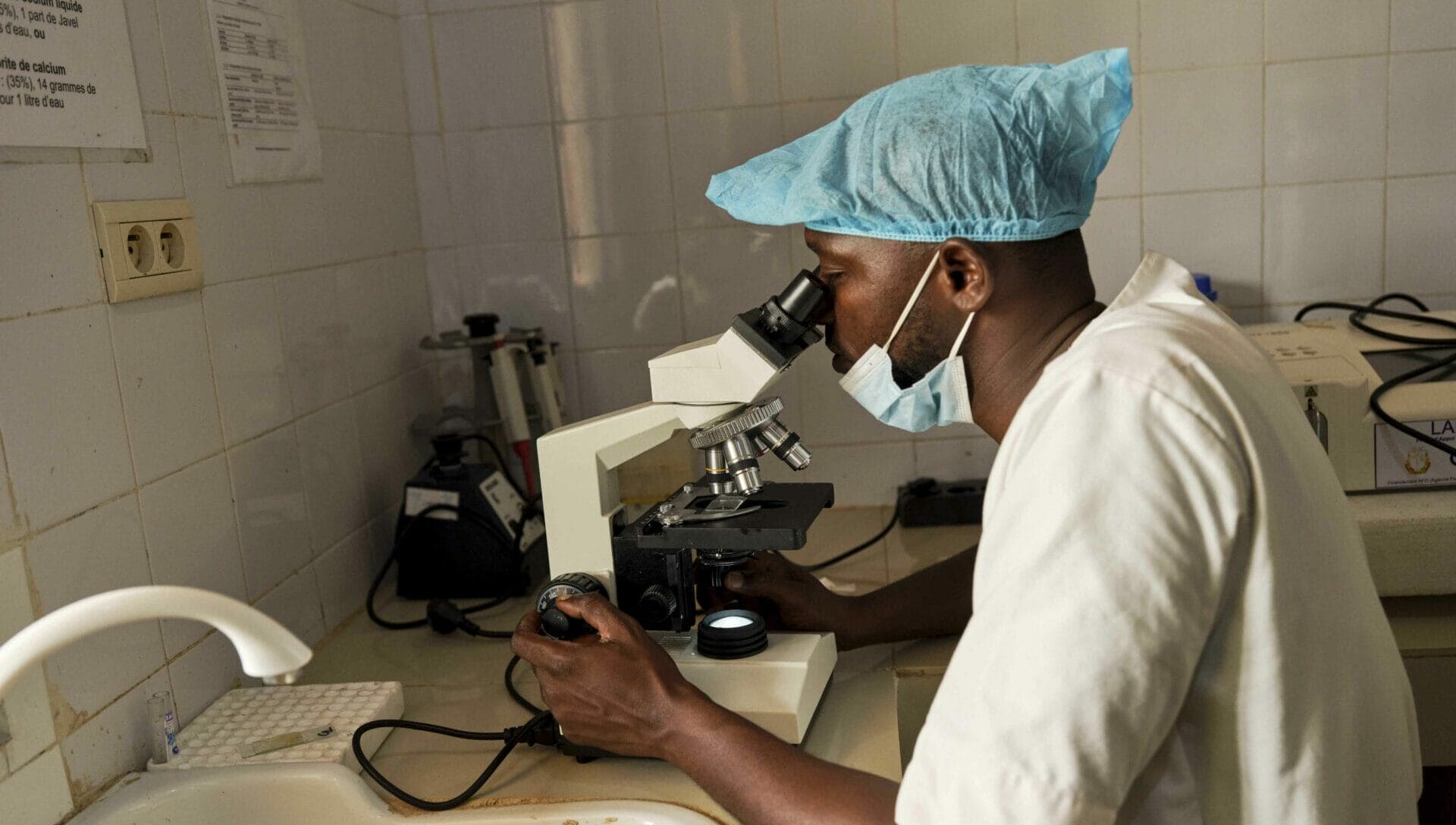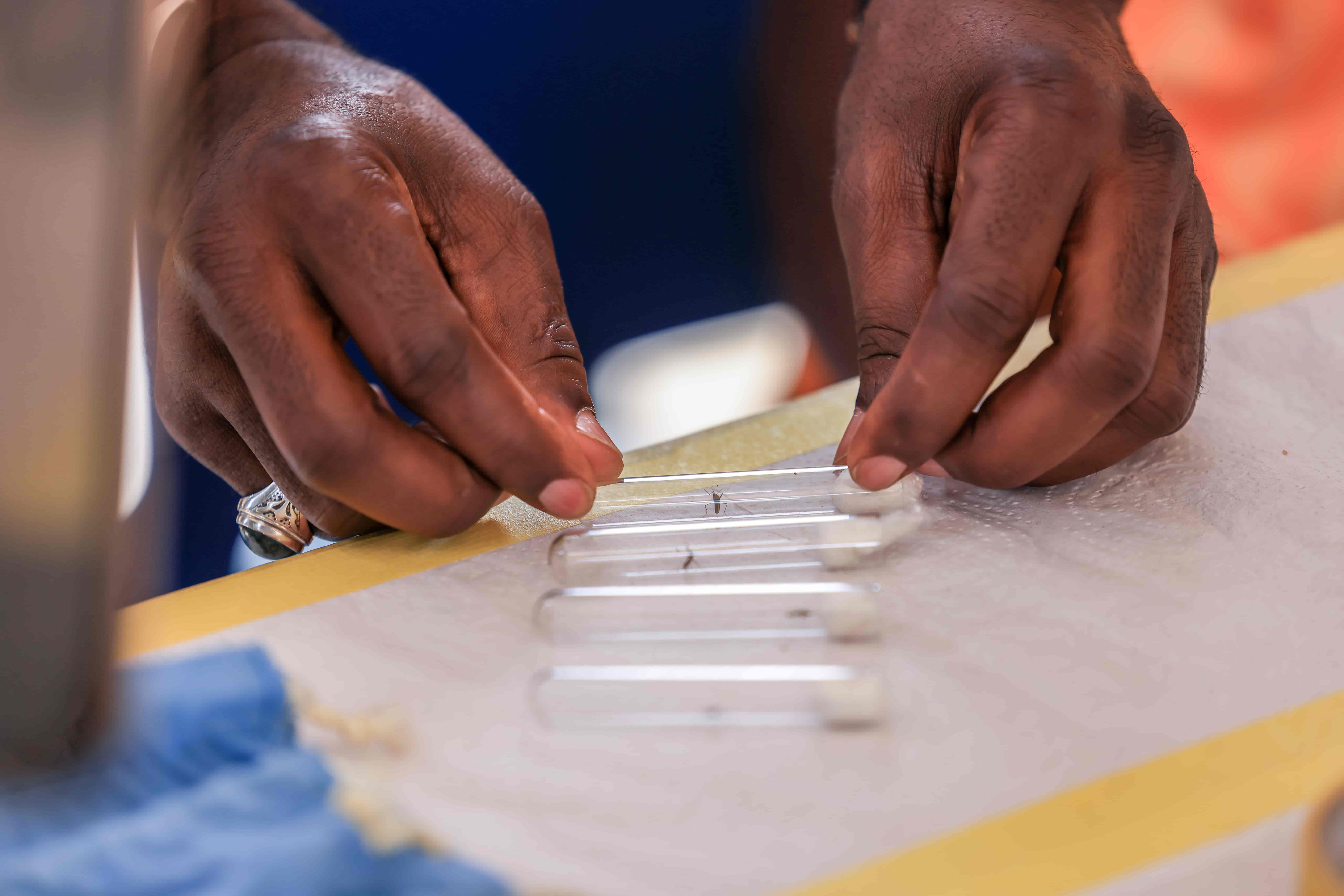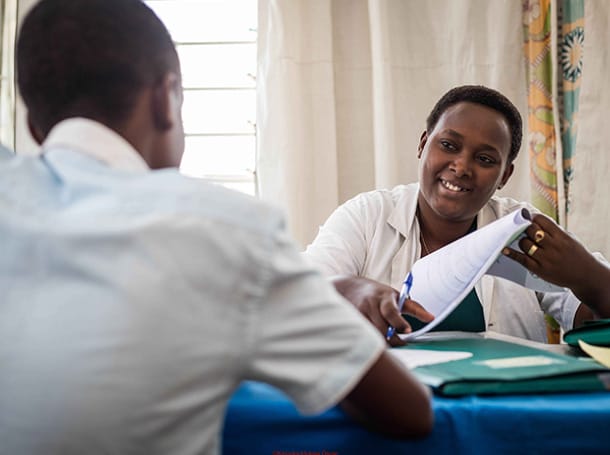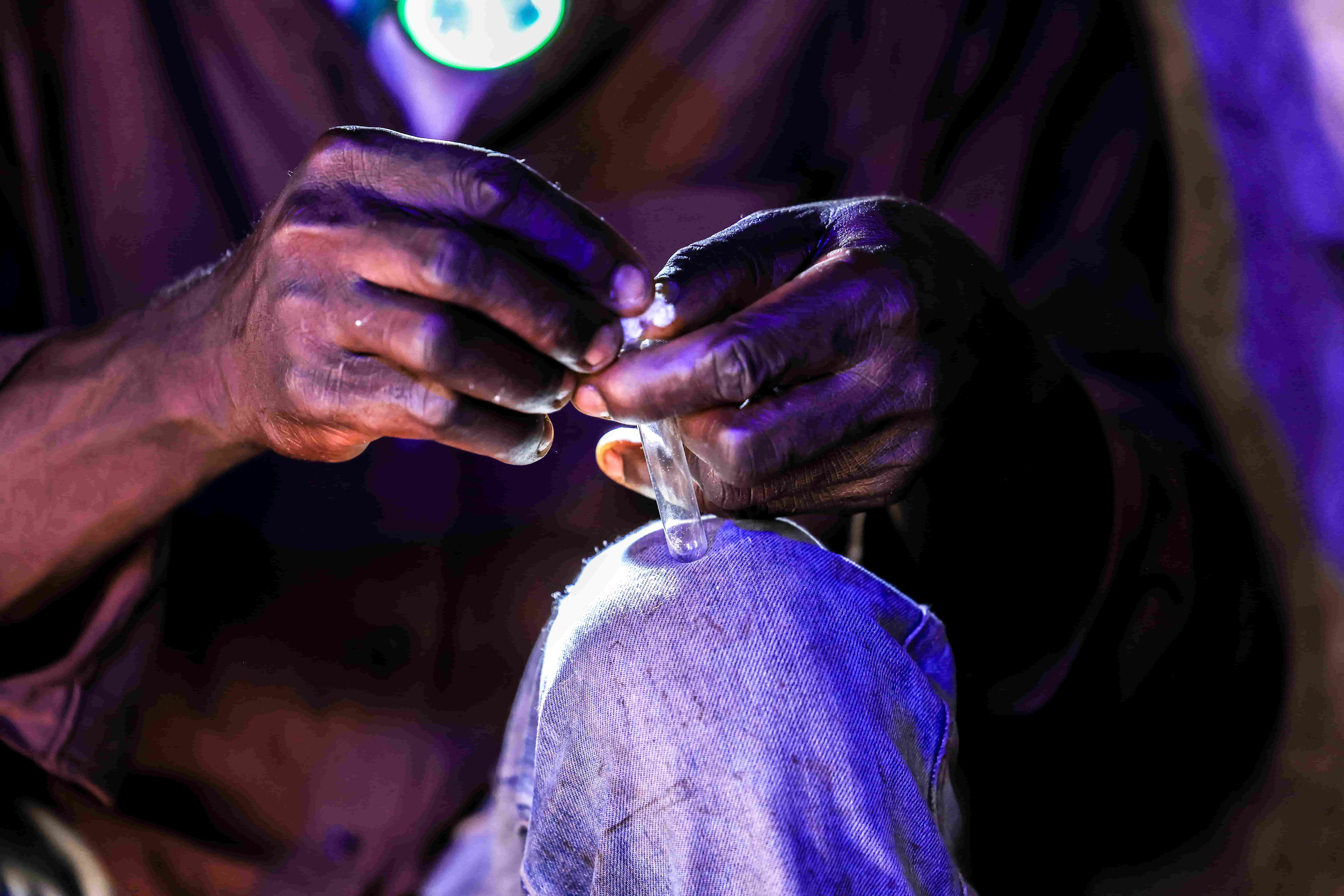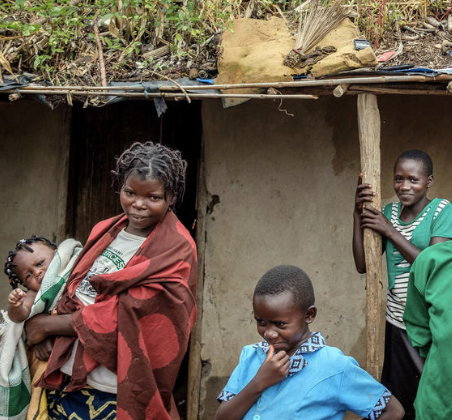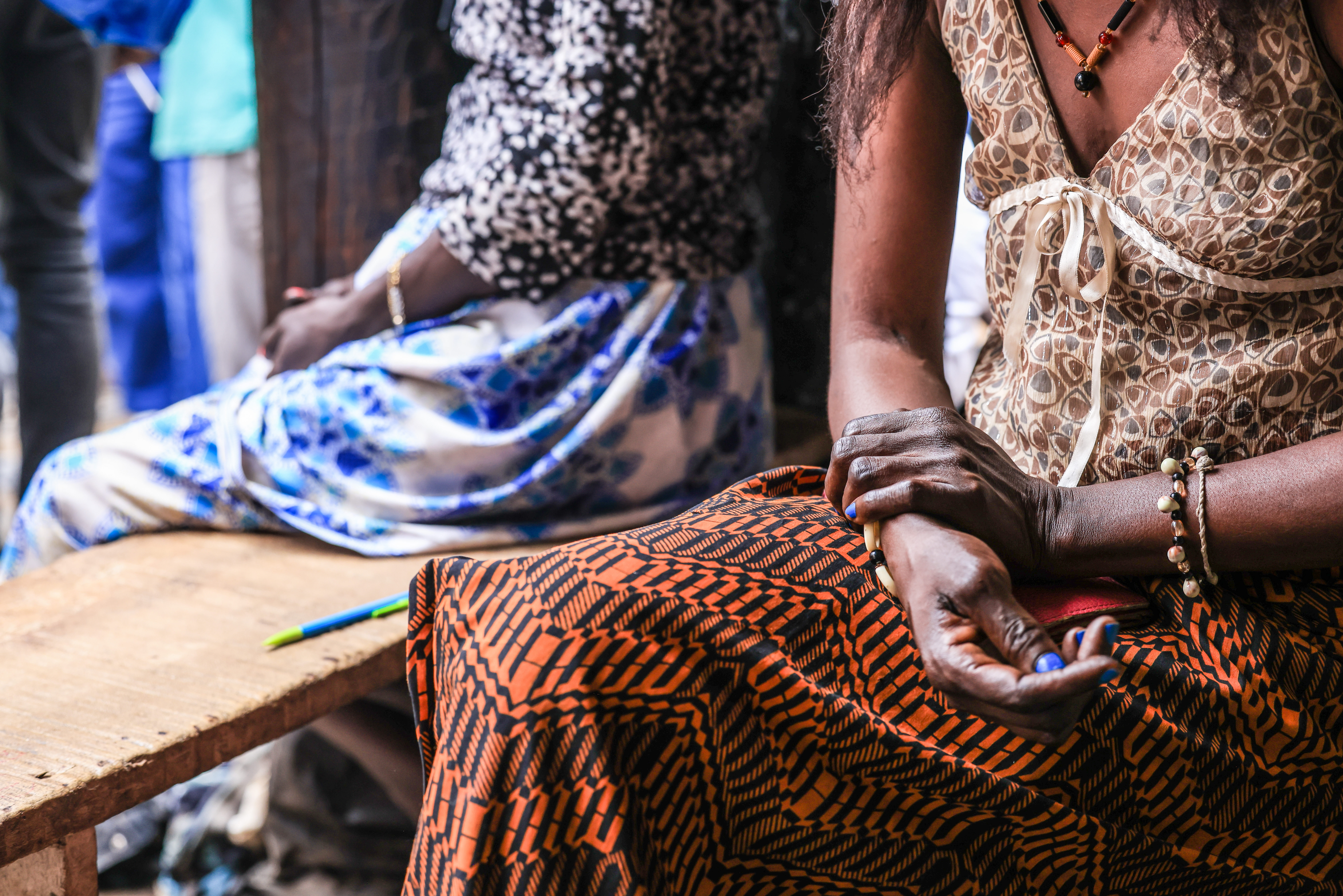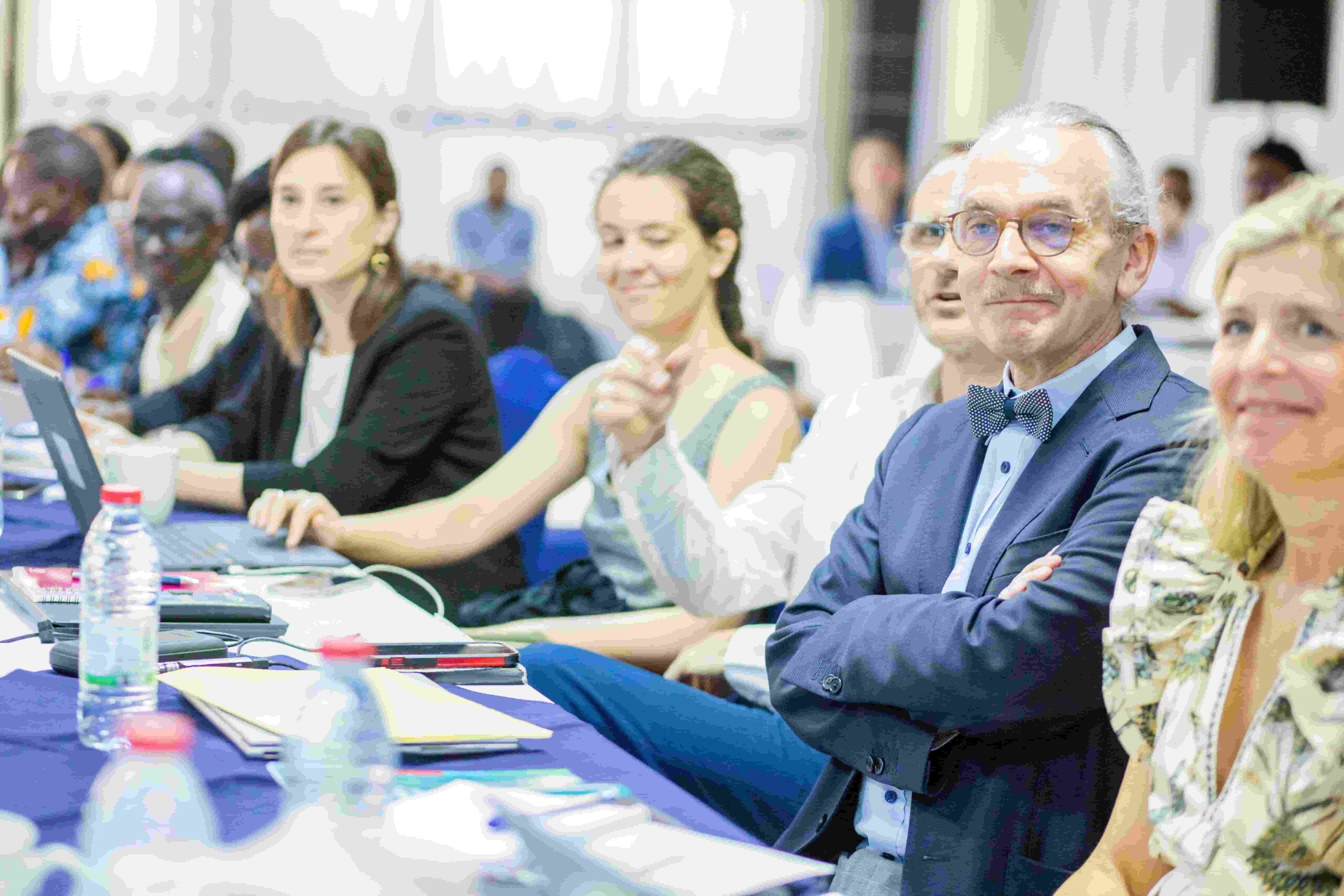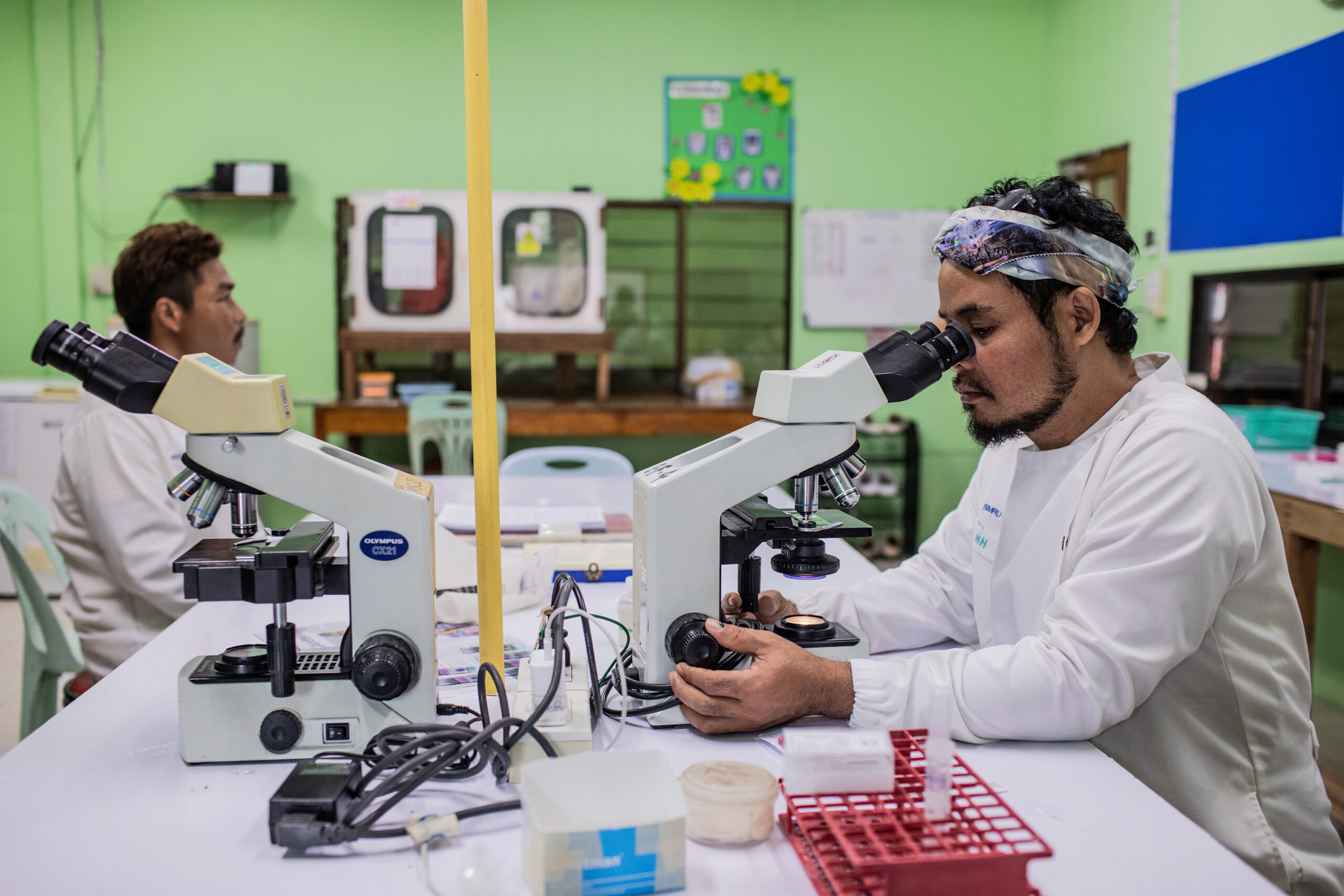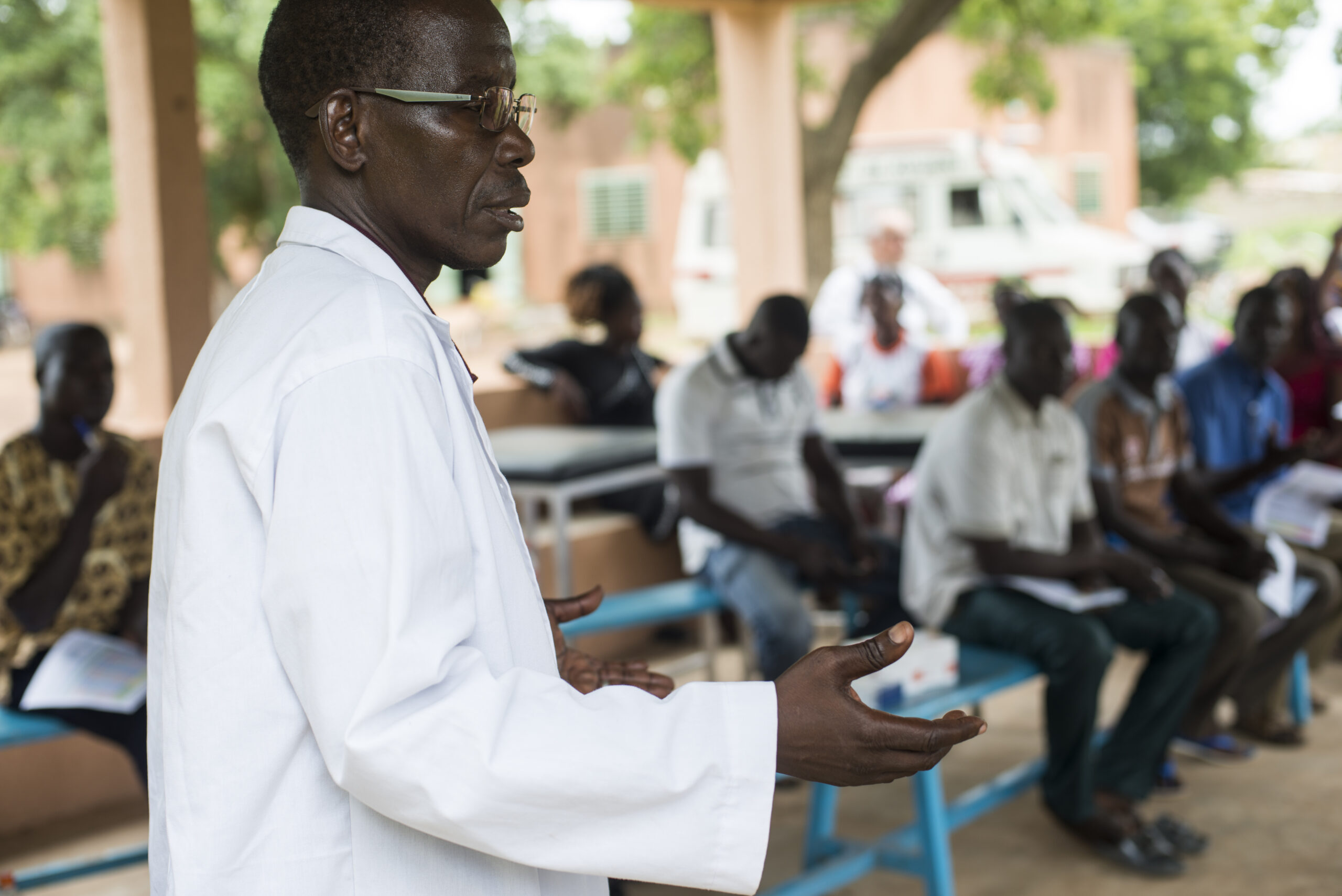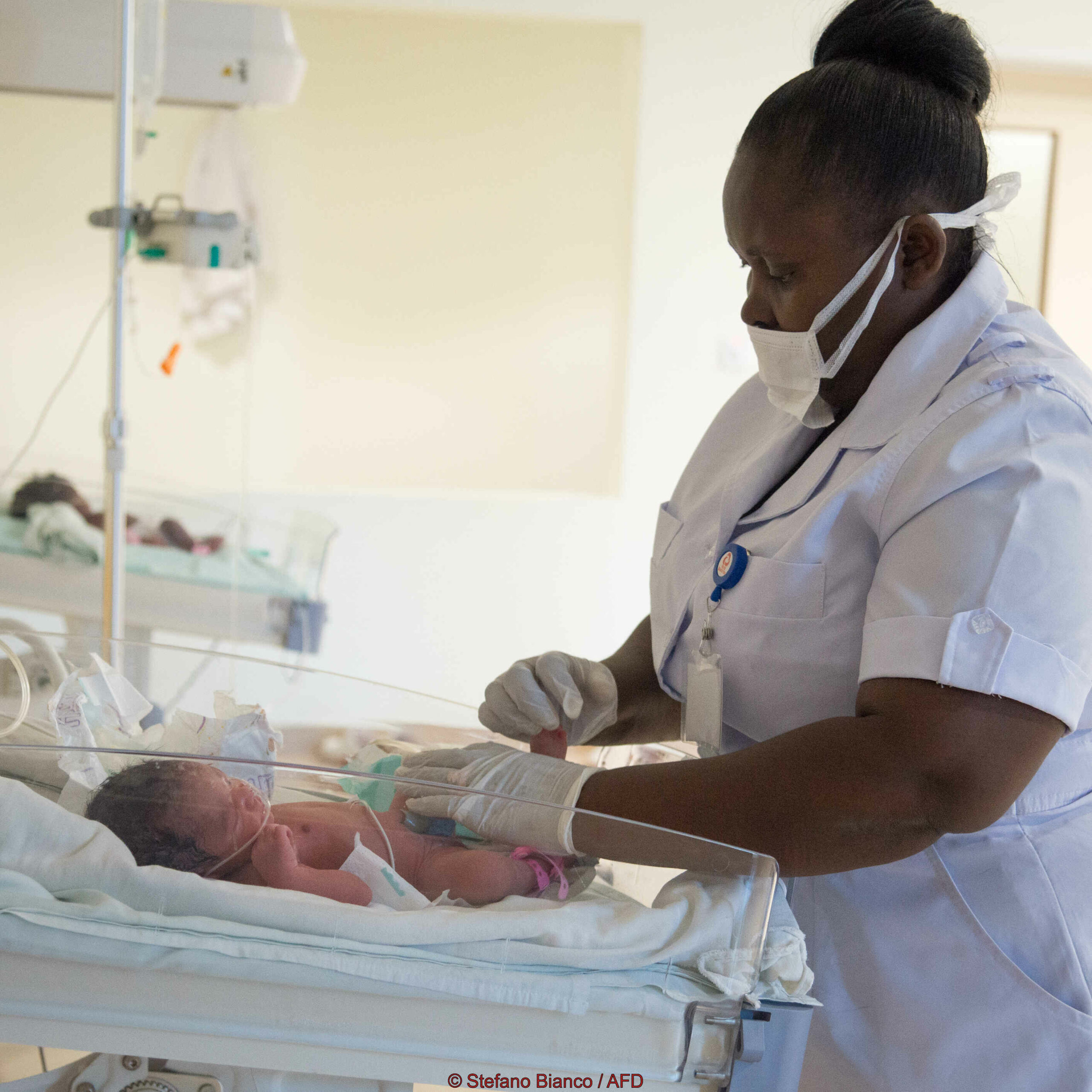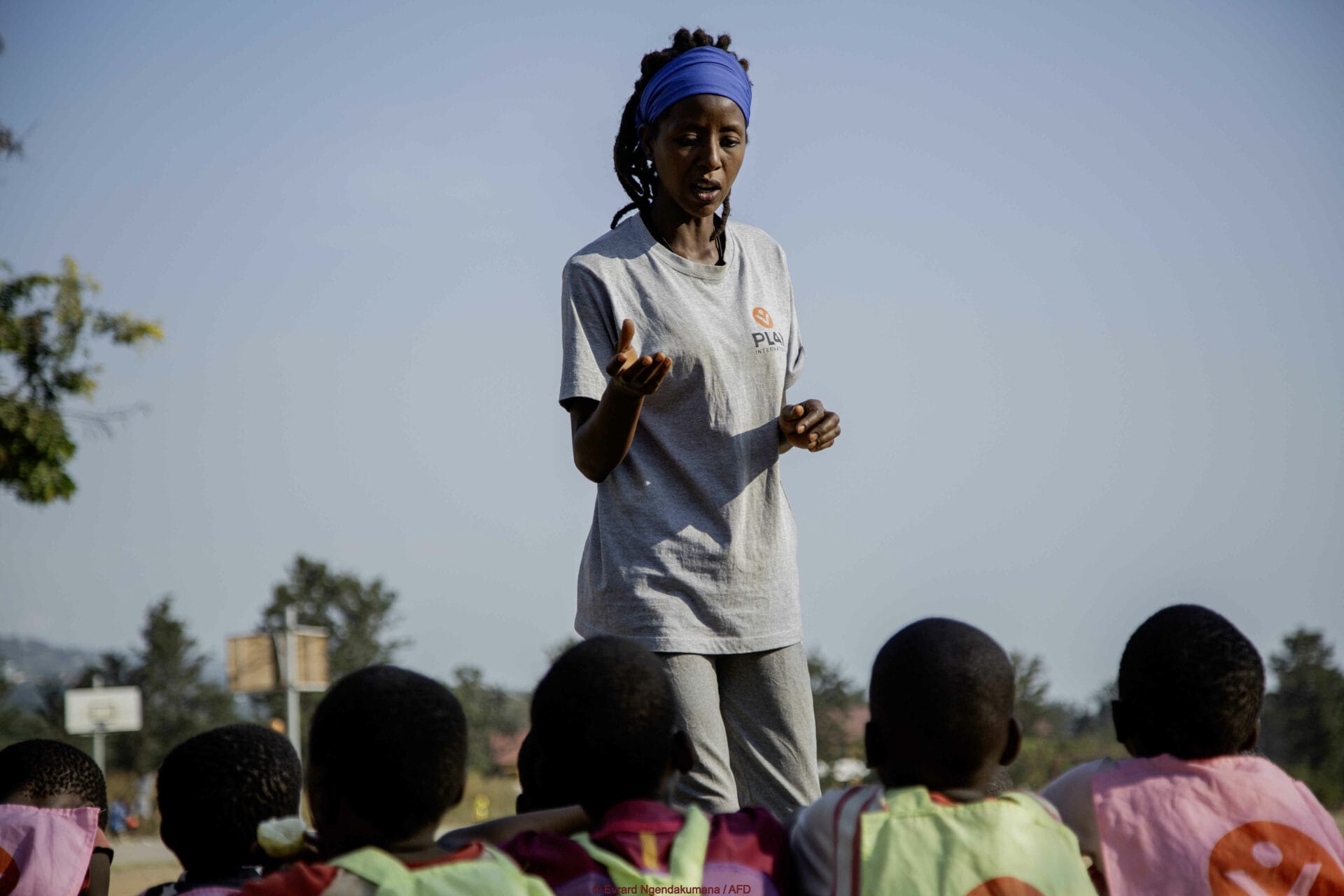Nasserdine Papa Mze revisits the support mission conducted at Djibouti’s University Hospital laboratory to train technicians in the use of reliable diagnostic tools for effectively combating malaria
In this purpose, a sequencer was acquired, as part of the Global Fund grant, in order to implement parasite sequencing protocols, adapted to the monitoring of the therapeutic effectiveness of antimalarial treatments. Following a request for support made in 2021 by the National Malaria Control Program of Djibouti to L’Initiative, teams of the Djibouti’s University Hospital have been trained to carry out these sequencing protocols.
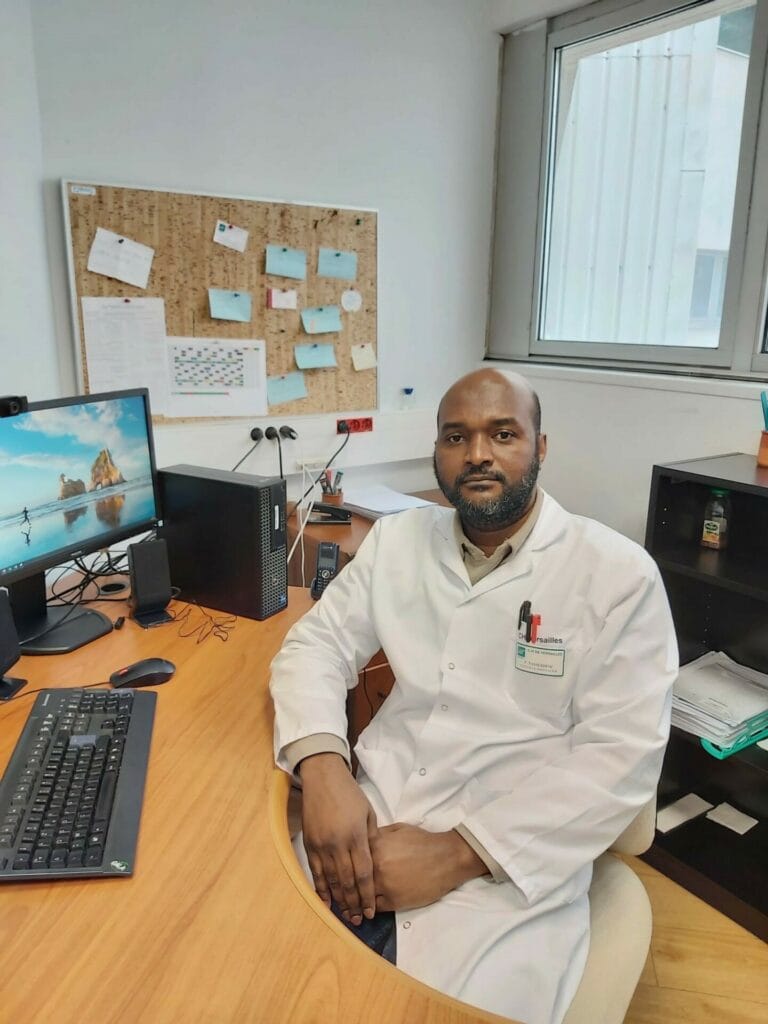
Nasserdine Papa Mze
Nasserdine is a Franco-Comorian doctor in molecular biology and genetics. Author of several scientific articles on malaria, Nasserdine is an expert in NGS (Next Generation Sequencing) and currently holds the position of molecular biology engineer at the Versailles’ Hospital.
What triggered the implementation of this support in Djibouti?
In Djibouti, malaria is a public health problem. Yet, until very recently, the country lacked the necessary instruments for conducting effective malaria diagnosis and surveillance. To address this, a sequencer was acquired to implement parasite sequencing protocols tailored for the study of therapeutic efficacy surveillance of antimalarial treatments. DNA sequencing allows for the identification of resistances. When sequencing the parasite’s genes, mutations can be observed, and it is possible to interpret the strains’ resistance to the medication.
What were the objectives of this mission?
The aim was to train the teams at the Djibouti University Hospital in conducting these sequencing protocols and interpreting the obtained sequences. I implemented this training in three stages. Firstly, to familiarize the technicians with molecular biology and parasitic extraction, then to implement the sequencing protocols, and finally to interpret the obtained sequences. Between April 2023 and March 2024, five technicians were successfully trained. They will be able to train other technicians themselves and pass on their skills. This mission will contribute to better surveillance and control of malaria spread in Djibouti.
Furthermore, the data obtained through these sequencings help fill a significant lack of information regarding the circulation of resistant parasite strains or the effectiveness of drug molecules. No studies had been conducted in Djibouti since 2006. We also discovered an entirely new mutation, never before observed worldwide. We don’t know if this mutation is related to resistance, but it tends to show that the results obtained are of high scientific quality.
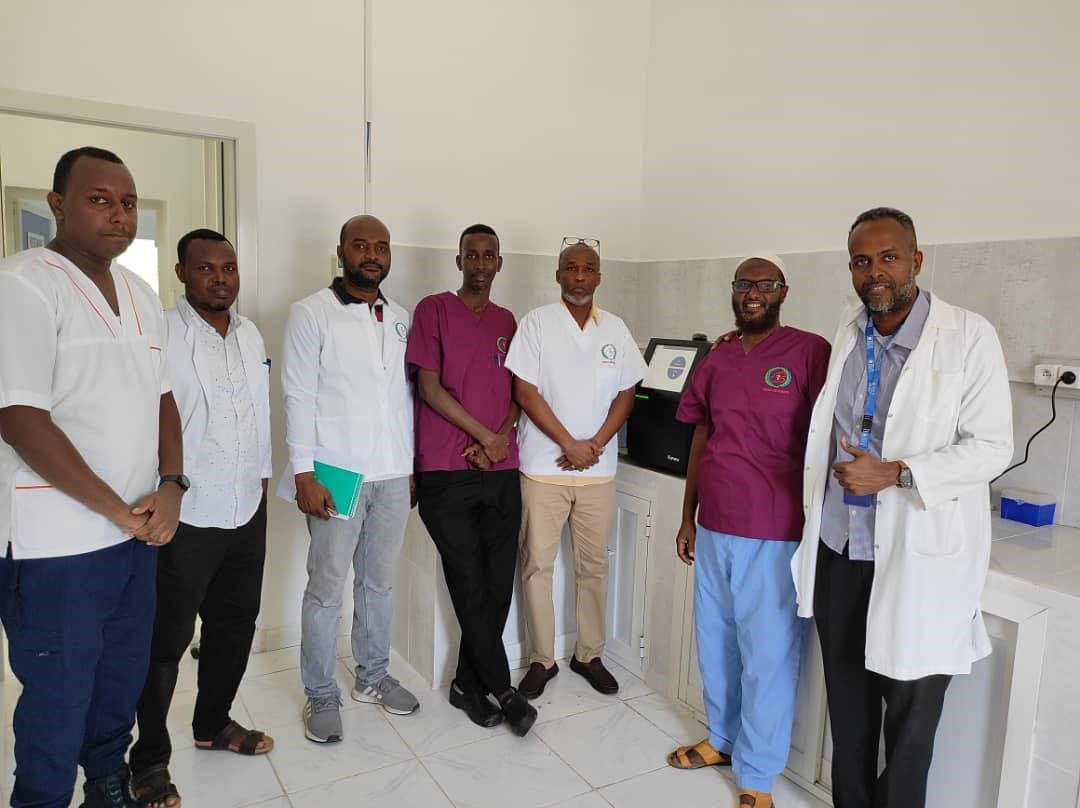
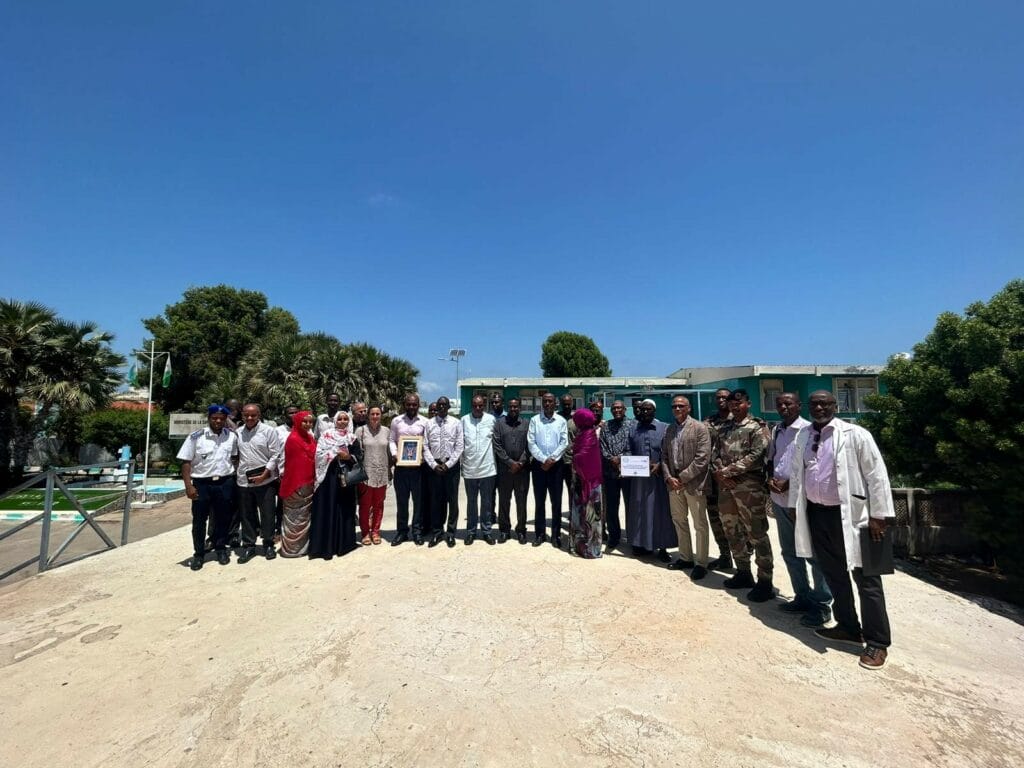
What will these results enable?
These results were publicly presented at the Djibouti University Hospital. Thanks to them, it will now be possible to make a correct diagnosis and thus consider the appropriate treatment. There will no longer be erroneous detections or false negatives, for example. Surveillance can be more effective, and public health policies can choose the most suitable treatment. Moreover, based on the results of this study, we recommend adjustments to Djibouti’s current antimalarial strategy.
How can climate change affect malaria control?
In Djibouti, as elsewhere in the world, climate change—through extreme events it causes, such as tsunamis or floods—has implications for mosquito life. Precipitation and humidity create favorable conditions for larval development and improve their survival rates, contributing to mosquito proliferation. Temperature can also impact the biting rate. Since mosquitoes are the primary vector of the malaria parasite, there will undoubtedly be repercussions and a direct influence of climate on disease transmission. Moreover, climate change could also lead to parasite mutations. This could potentially alter the entirety of the data we currently have and work with to combat malaria.
